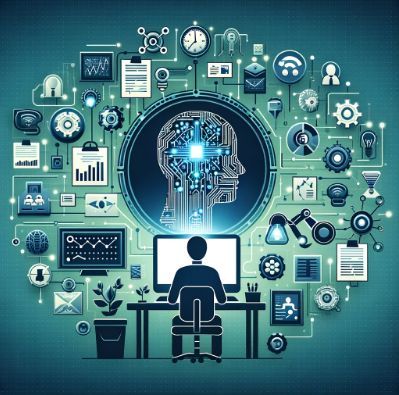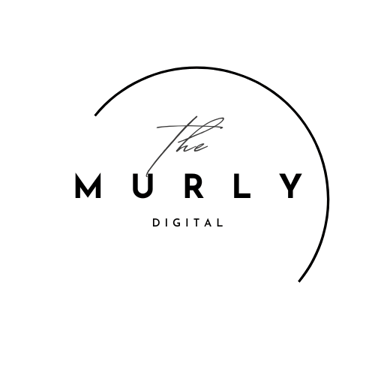The Role of AI in Lead Scoring and Predictive Conversion
AI-powered lead scoring replaces static point systems with machine learning that predicts conversion likelihood, helping marketers prioritize high-value leads, optimize resources, and accelerate revenue growth.
9/12/20253 min read


The Role of AI in Lead Scoring and Predictive Conversion
Why Lead Scoring Needs a Rethink
For years, marketers have relied on traditional lead scoring models: assigning points for actions like form fills, email opens, or demo requests. While this method provided a baseline for prioritization, it often fell short - mainly because it treated all leads as if they moved linearly through the funnel.
Enter AI-powered lead scoring. Instead of static point systems, AI models evaluate millions of data points in real-time to predict which leads are most likely to convert - and when. This is not just evolution; it’s a complete redefinition of how performance marketing teams allocate time, resources, and budget.
What Is AI-Powered Lead Scoring?
At its core, AI lead scoring uses machine learning algorithms to assign conversion probabilities to leads based on:
Behavioral data (website visits, content engagement, email interactions)
Demographic and firmographic data (industry, role, company size)
Intent signals (search queries, ad clicks, third-party intent platforms)
Historical CRM data (past conversions, pipeline velocity, churn rates)
Unlike manual scoring, AI doesn’t apply rigid “if/then” rules. Instead, it identifies non-obvious patterns that humans may miss - for example, a combination of visiting a pricing page three times, downloading a whitepaper, and attending a webinar might signal higher purchase intent than a demo request alone.
The Predictive Conversion Edge
Where AI truly transforms lead management is in predictive conversion modeling.
Instead of asking: “Is this lead good?” AI answers:
“What’s the probability this lead will convert within 30 days?”
“Which channel is most likely to drive the conversion?”
“What’s the expected deal size if this lead closes?”
This allows teams to:
Prioritize sales outreach for the highest-value opportunities.
Adjust ad spend toward audiences with higher predicted conversion likelihood.
Personalize nurture flows based on predicted funnel stage.
Why Marketers Are Adopting AI for Lead Scoring
Data Volume
With multi-channel engagement - ads, webinars, organic search, social interactions - manual scoring models simply can’t keep up.Accuracy and Adaptability
AI models learn and adapt. As patterns shift (seasonality, campaign mix, buyer behavior), AI recalibrates without marketers manually adjusting scoring rules.Shorter Sales Cycles
By predicting which leads will convert faster, sales teams can reduce time-to-revenue.Smarter Resource Allocation
Instead of chasing every MQL, marketing and sales align around leads with the highest probability of closing.
Implementing AI in Lead Scoring
Adopting AI doesn’t mean ripping out your existing systems. It’s about layering intelligence on top of your CRM and marketing automation tools.
Data Hygiene First: AI is only as good as the data it consumes. Ensure clean, deduplicated CRM and analytics data.
Choose the Right Model: Many platforms now offer AI-powered scoring (HubSpot, Salesforce Einstein, Marketo). More advanced teams build custom ML models using Python, TensorFlow, or cloud-based AI services.
Test, Train, Iterate: Start with historical data, train your model, and measure against real conversion outcomes.
Align Sales & Marketing: Ensure teams trust the AI output - share visibility into how scores are generated
Potential Challenges
Black Box Effect: AI can be opaque. Without transparency, sales teams may distrust lead scores.
Over-Reliance on AI: Predictive models should guide, not fully replace, human judgment.
Privacy and Compliance: Feeding AI with third-party intent or behavioral data requires careful GDPR and CCPA compliance
The Future: Beyond Scoring to Predictive Revenue
AI won’t stop at lead scoring. The next frontier is predictive revenue forecasting, where systems map not just which leads will convert, but also pipeline velocity, deal size probability, and churn likelihood.
This shifts marketing from a cost center to a predictive growth engine.
Final Thoughts
AI in lead scoring isn’t just a trend - it’s becoming a competitive advantage for performance marketers. By moving beyond static point-based systems, brands can prioritize intelligently, allocate budgets efficiently, and drive faster conversions.
The bottom line? AI doesn’t replace human intuition - it amplifies it with scale, speed, and accuracy.
